In the COVID-19 era, most U.S. consumers believe they have an obligation to share personal health information to stop the spread of the coronavirus. However, only 44% would be willing to share their personal data with a national database, a MITRE study learned.
Only one-third of Americans would be willing to share their temperature, 29% their location, and one-fourth information about their chronic conditions.
The Harris Poll conducted the study among 2,065 U.S. adults 18 and over in mid-June 2020 to gauge peoples’ perspectives on health data and privacy.
Three-quarters of people in the U.S. believe that data privacy “is a thing of the past,” MITRE’s summary coined, with older people (Boomers and Seniors) most likely to feel that way.
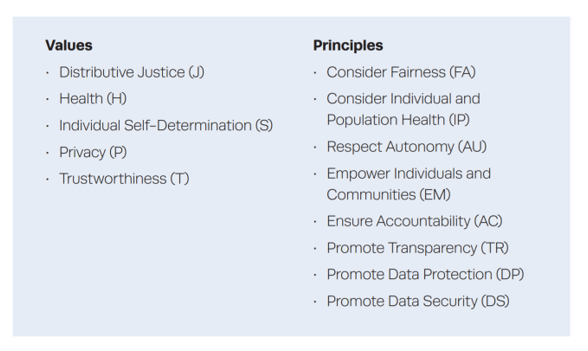 The most-trusted parties people trust with their personal health information are doctors’ offices (86%), health insurers (75%), and medical researchers (72%), seen as the top health data stewards in the U.S. Fewer Americans trust social media companies, employers, and genealogy companies (like Ancestry and 23andMe) with their personal health data.
The most-trusted parties people trust with their personal health information are doctors’ offices (86%), health insurers (75%), and medical researchers (72%), seen as the top health data stewards in the U.S. Fewer Americans trust social media companies, employers, and genealogy companies (like Ancestry and 23andMe) with their personal health data.
With yesterday’s news that Amazon is launching the Halo health tracker, and the sale in early August of Ancestry to Blackstone for $4.7 billion, the MITRE study is well-timed.
Given these findings, it is natural that consumers want control over those with whom their personal data is shared. If data are to be shared, U.S. adults look for some level of value-exchange: two in three consumers would exchange their data for safety, and 48% for convenience.
MITRE also found gaps in personal health information trust based on ethnicity, identifying a 10 to 20% gap between White, Black, and Hispanic Americans.
Last year, MITRE developed An Ethical Framework for the Use of Consumer-Generated Data in Health Care, to guide organizations holding peoples’ personal health information on how to be good data stewards and citizens. The table organizes the values and principles that underpin MITRE’s Framework, which emphasize peoples’ data rights, control, and self-determination.
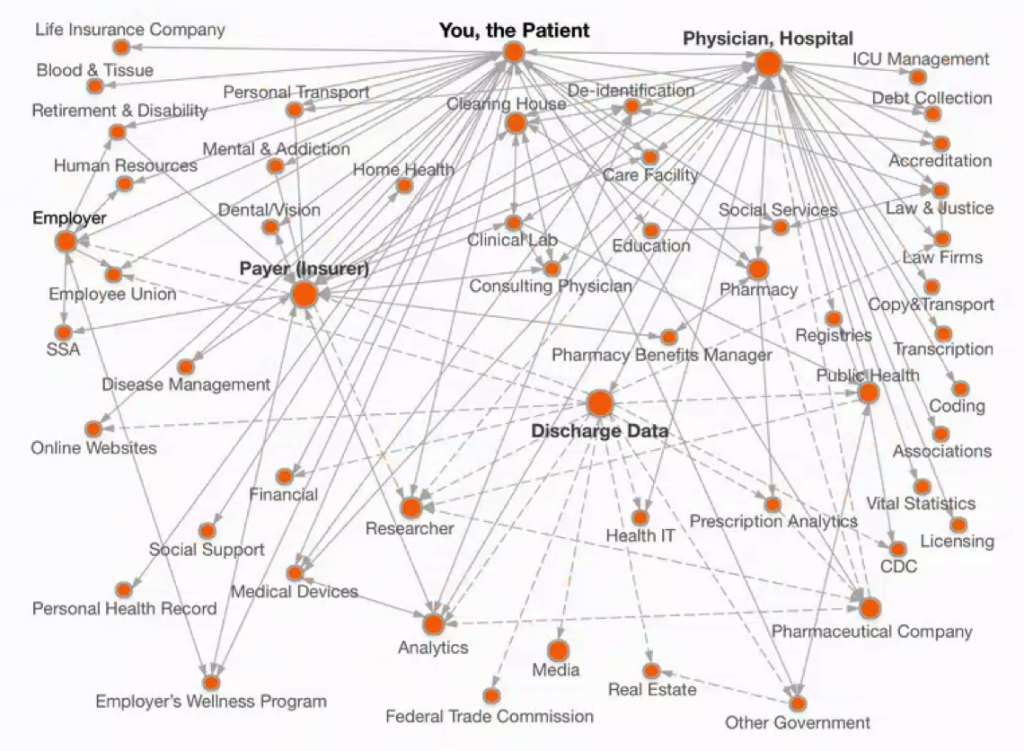 Health Populi’s Hot Points: “We all benefit from the robust sharing of our data, because insights that may benefit all of us can be garnered,” I quoted a Stanford faculty study in my book, HealthConsuming: From Health Consumer to Health Citizen.
Health Populi’s Hot Points: “We all benefit from the robust sharing of our data, because insights that may benefit all of us can be garnered,” I quoted a Stanford faculty study in my book, HealthConsuming: From Health Consumer to Health Citizen.
But the Stanford researchers also warned that, as we all know too well, there are also nefarious forces at play who aren’t thinking about how to use data for insights into human health, but how to use it for manipulation.
This insight from the Stanford folks is in the last chapter of my book, titled “Becoming Health Citizens.”
Concerns about consumer-generated data and third-party data brokers’ and others’ potential to exploit the information outside of pure health care uses is not a new-new thing. I wrote about this challenge in 2014 in my report for California Health Care Foundation, Here’s Looking at You: How Personal Information Is Being Tracked and Used. Years ago, the Harvard Privacy Project led by Latanya Sweeney at the time had addressed privacy as, “the sword and the shield of public health.”
The spider-web drawing from Sweeney’s privacy lab drew the many data flows that fall outside of the HIPAA law, a graphic drawn years before smartphones sensed GPS and wearable technologies became mainstream.
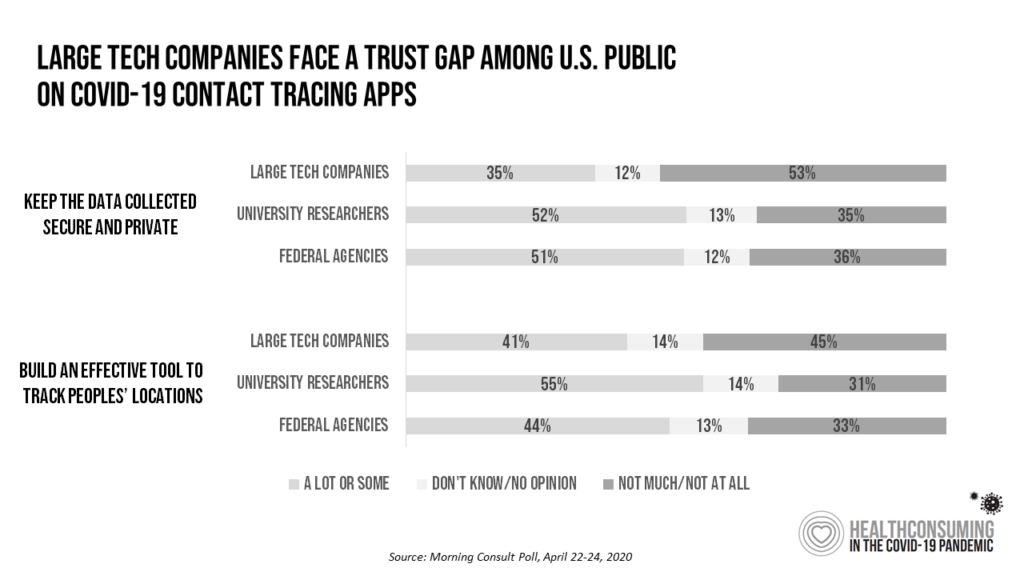 The concept of data well-being is emerging in the pandemic, as Americans’ trust with institutions — especially government and technology — has eroded when it comes to consumers wishing to keep their data secure and private. The bar chart illustrates this point, capturing how U.S. consumers felt in April 2020 about sharing personal data with tech companies and federal agencies. This Morning Consult poll revealed large gaps of trust, which did not bode well for America’s ability to implement a rigorous contact tracing program across the nation.
The concept of data well-being is emerging in the pandemic, as Americans’ trust with institutions — especially government and technology — has eroded when it comes to consumers wishing to keep their data secure and private. The bar chart illustrates this point, capturing how U.S. consumers felt in April 2020 about sharing personal data with tech companies and federal agencies. This Morning Consult poll revealed large gaps of trust, which did not bode well for America’s ability to implement a rigorous contact tracing program across the nation.
This month, JWT Intelligence discussed data well-being in a recent paper, noting that, “the impact of privacy issues isn’t clearly defined but is, instead, learned through pain and fear,” quoted form Joe Toscano who is founder of The Better Ethics and Consumer Outcomes Network (aka BEACON).
“Privacy is one of those issues that’s constantly humming in the back of people’s minds,” Joe told JWT. People seek more “digital sanctuaries” and protections that enable data security and peace of mind.
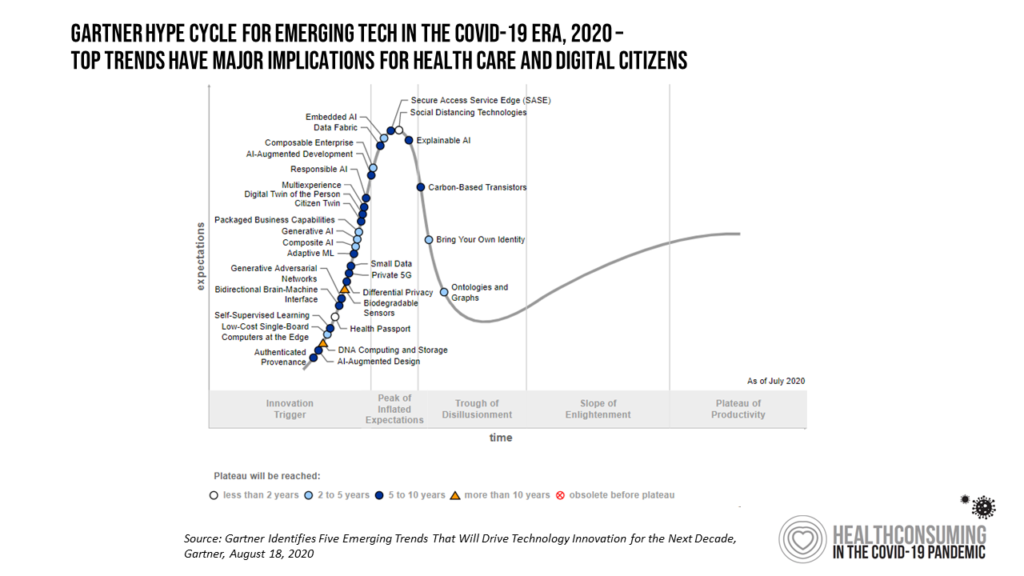 With that in mind, it’s time to re-visit the latest Gartner’s 2020 Hype Cycle for Emerging Technologies. The hype cycle curve is shown here, and the top five trends have implications for health care and digital citizenship. Among them, consider two:
With that in mind, it’s time to re-visit the latest Gartner’s 2020 Hype Cycle for Emerging Technologies. The hype cycle curve is shown here, and the top five trends have implications for health care and digital citizenship. Among them, consider two:
- Digital me, including digital passports, social distancing, and digital twins that represent people in physical and digital space; and,
- Algorithmic trust.
Gartner explained that growing exposure to “fake news” and biased AI has moved to “algorithmic trust models” that promise to ensure data privacy and security, and effective tracking data assets (provenance). The objective here is to gain and hold the trust of consumers and partners.
Earning and keeping that trust will be paramount if the world, which includes the U.S., is to conquer the coronavirus and future pandemics. New research in The Lancet, published in a digital health issue for September 2020, looks into public perceptions on data sharing in the UK and USA. Their implications are unclear, the researchers conclude, reluctantly: “while the urgency of data science and AI is becoming increasingly evident as the COVID-19 outbreak grows globally, the crisis also imposes new risks to public privacy and data security.”
Health citizenship for Americans sits on several pillars, and data well-being is one of them.


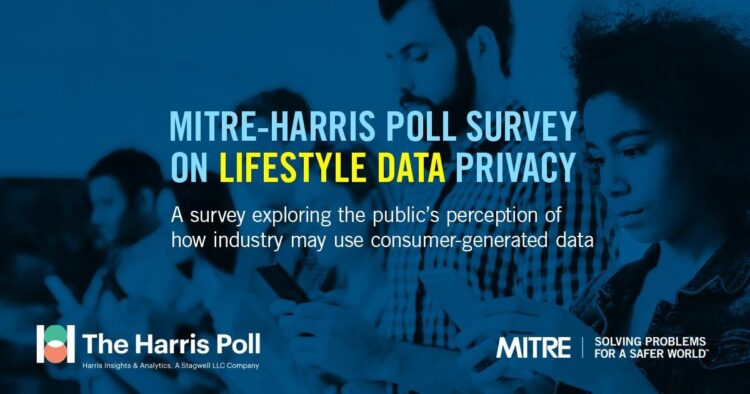


 I love sharing perspectives on what's shaping the future of health care, and appreciate the opportunity to be collaborating once again with Duke Corporate Education and a global client on 6th May. We'll be addressing some key pillars to consider in scenario planning such as growing consumerism in health care, technology (from AI to telehealth), climate change, and trust -- the key enabler for health engagement or dis-engagement and mis-information. I'm grateful to be affiliated with the corporate education provider
I love sharing perspectives on what's shaping the future of health care, and appreciate the opportunity to be collaborating once again with Duke Corporate Education and a global client on 6th May. We'll be addressing some key pillars to consider in scenario planning such as growing consumerism in health care, technology (from AI to telehealth), climate change, and trust -- the key enabler for health engagement or dis-engagement and mis-information. I'm grateful to be affiliated with the corporate education provider  Thank you FeedSpot for
Thank you FeedSpot for